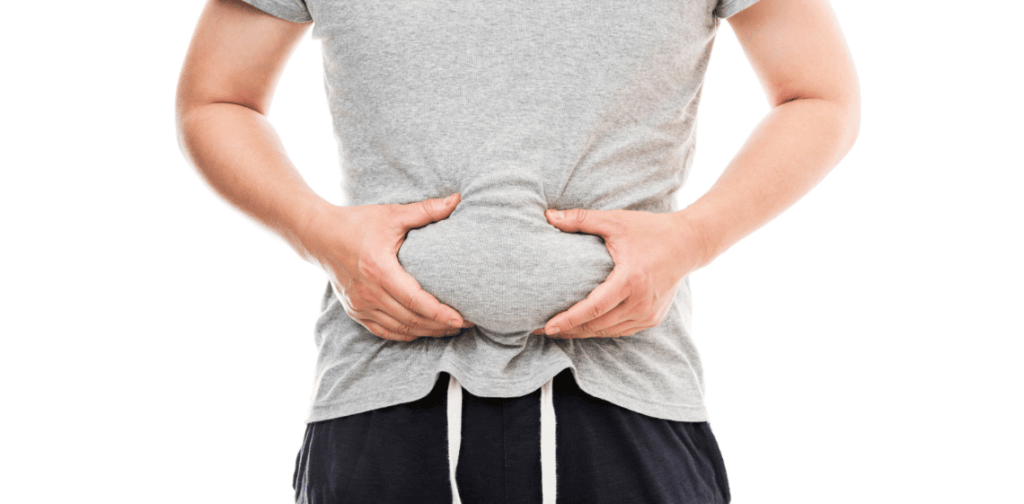There doesn't seem to be much harm in having a few drinks now and then, but does alcohol lower testosterone? If you're concerned about your levels, you may want to reconsider.
Alcohol consumption affects our overall health and, more specifically, can alter how our hormones function, including testosterone. While testosterone is present in both males and females, in men, testosterone is the primary sex hormone that gives men their masculinity.
It's critical for:
- Muscle growth
- Bone growth
- Deepening of the voice during puberty
- Facial and pubic hair
- Sperm production
- Sexual organs
- Sex drive
While minimal alcohol may not cause issues, if testosterone levels drop, men can experience the following:
- Erectile dysfunction (ED)
- Muscle loss
- Infertility
- Lower sex drive
How Alcohol Affects Testosterone Levels
According to a study in Alcohol Health & Research World, men have three glands controlling testosterone production. They are the hypothalamus, the anterior pituitary gland, and the testes.
In order to produce testosterone, the hypothalamus releases the hormone gonadotrophin-releasing hormone (GnRH), and the anterior pituitary gland releases luteinizing hormone (LH) and follicle-stimulating hormone (FSH), which then signals the testes to produce testosterone.
When you consume alcohol, it interferes with all three glands and in the production of testosterone.
Short-Term Effects of Alcohol
Studies show that even small amounts of alcohol can interfere with testosterone production, and it doesn't take long. Testosterone levels can drop 30 minutes after consuming alcohol, and if consumption continues regularly over time, it may result in decreased testosterone levels. While short-term effects on testosterone levels can show up quickly, they can also be reversed once alcohol consumption stops and the body has returned to normal.
Long-Term Effects of Alcohol
Consuming alcohol in excess can have long-lasting effects on testosterone levels that include:
- Low testosterone levels
- Diminished libido
- Erectile dysfunction (ED)
- Reproductive system problems
- Low energy
- Depression
Heavy drinking, which is defined as 15 drinks a week, may interfere with GnRH, LH and FSH and damage the Leydig cells in the testes, which produce testosterone.
So, while having a few drinks now and then can interfere with testosterone levels short-term, heavy drinking can cause problems that can be made worse over time and even affect the development of sperm.
How Sperm is Affected by Alcohol Consumption
The hormones that control reproduction exist because of a delicate and finely tunes system that affects every cell in the human body. When we introduce alcohol into our system, we throw off that balance and interfere with the workings of that system.
Since drinking alcohol has adverse effects on the hypothalamus, the anterior pituitary gland and the Sertoli cells in the testes, which produces sperm, it can interfere with the maturation of sperm which can lead to low sperm concentration in the semen, low volume and total sperm count.
The interference in sperm maturation can be linked to shrinking testes, low sex drive and infertility.
The Undeniable Link Between Testosterone and Alcohol
Studies show that the effects of alcohol on testosterone can't be denied. While even moderate alcohol consumption shows signs of disruptive hormone levels, chronic alcohol use compounds the issues even further.
But there is good news. When you quit drinking, some of the damage may be able to be reversed, depending on how long you've been drinking and how much you drank. But, of course, recovery can take a long time. It can take several months to several years, and some damage may be permanent.
One way to support recovery and maintain healthy hormone levels is to adopt a healthy lifestyle that can include a healthy diet, regular exercise and plenty of sleep. Exploring additional options with your medical provider can also be a good idea.
Is Hormone Replacement Therapy Right for You?
While it can be important to reduce alcohol consumption and change your lifestyle to increase testosterone levels naturally, sometimes excess alcohol can do more damage than you thought. Even after quitting, you may not be feeling like yourself.
In that case, considering hormone replacement therapy (HRT) may be an option. Low testosterone can derail the way you live life as you constantly battle:
- Low energy
- Low sex drive
- Increased body fat
- Depression
- Bone loss
Life is too short to feel exhausted and unfocused, so it's vital to be proactive and discuss how you're feeling with your provider. Then, together you can create a plan to help you look and feel your best.
Conclusion
While Alcohol is a widely used and accepted substance, it can interfere with our body's ability to function optimally, including testosterone. So, minimizing or eliminating alcohol and increasing good habits such as healthy eating and physical exercise is a positive way to allow your body to heal and function normally. And when you're looking for additional help, HRT may be just what you need.

How YOU feel tomorrow starts today.
Are you ready to make the change?





